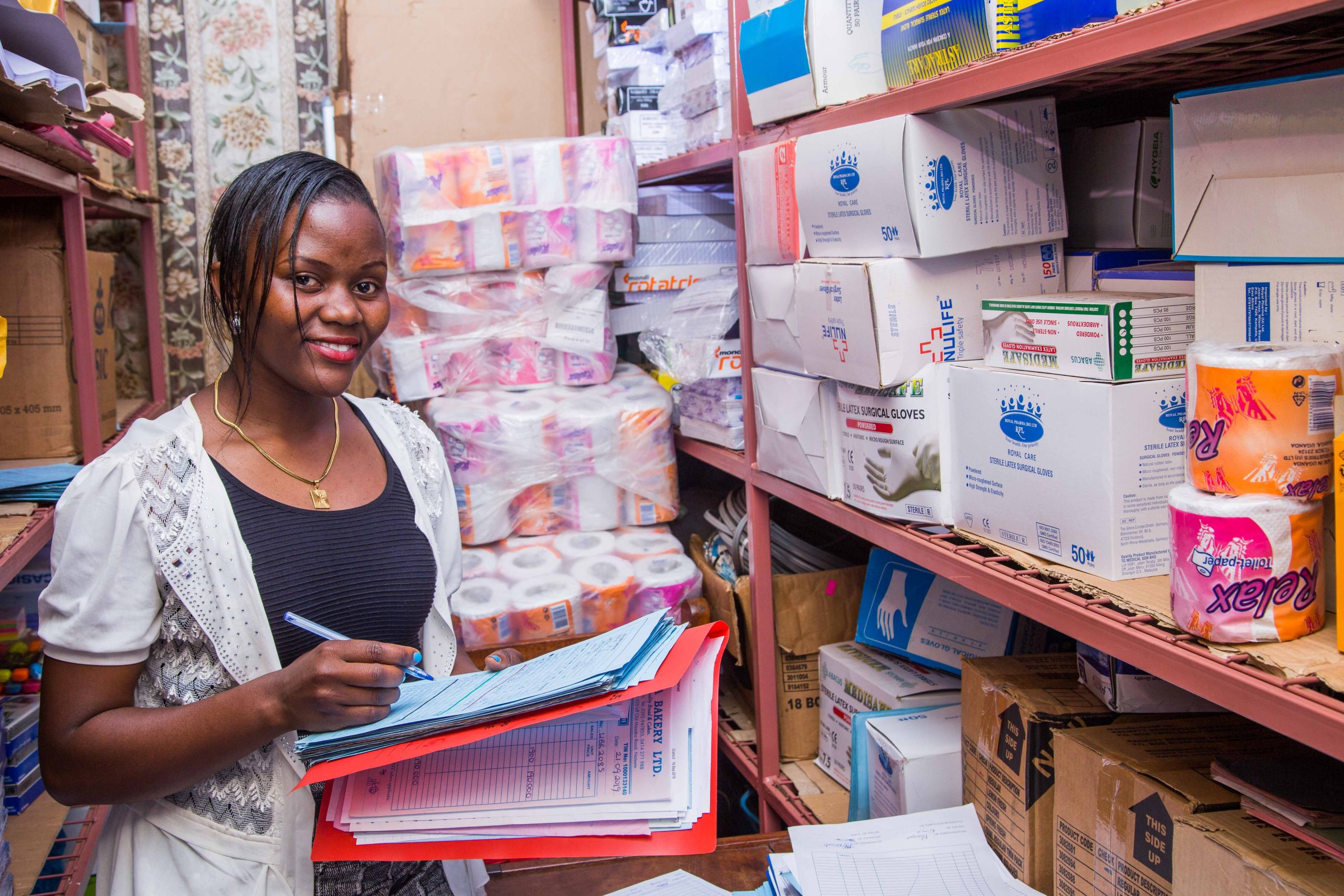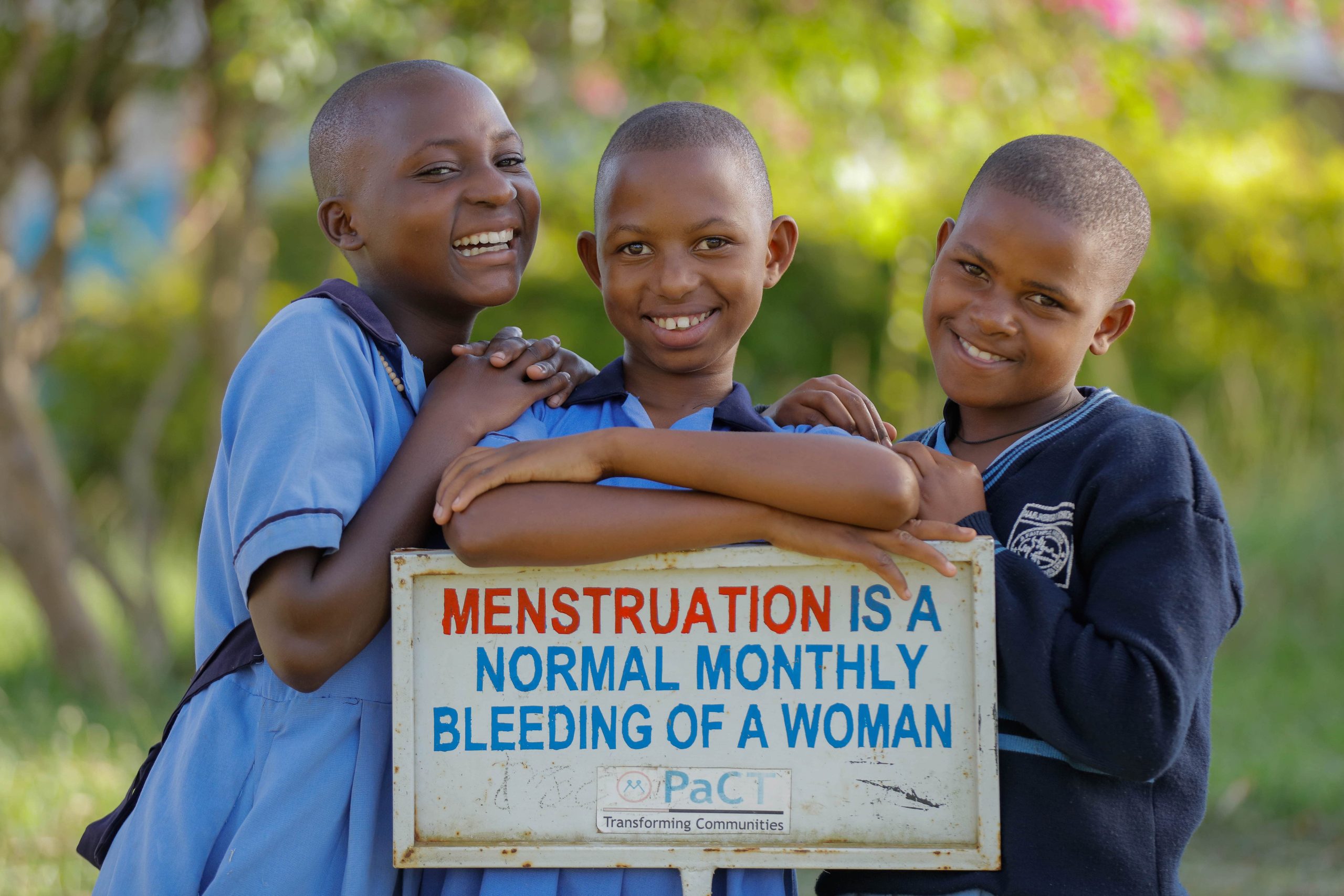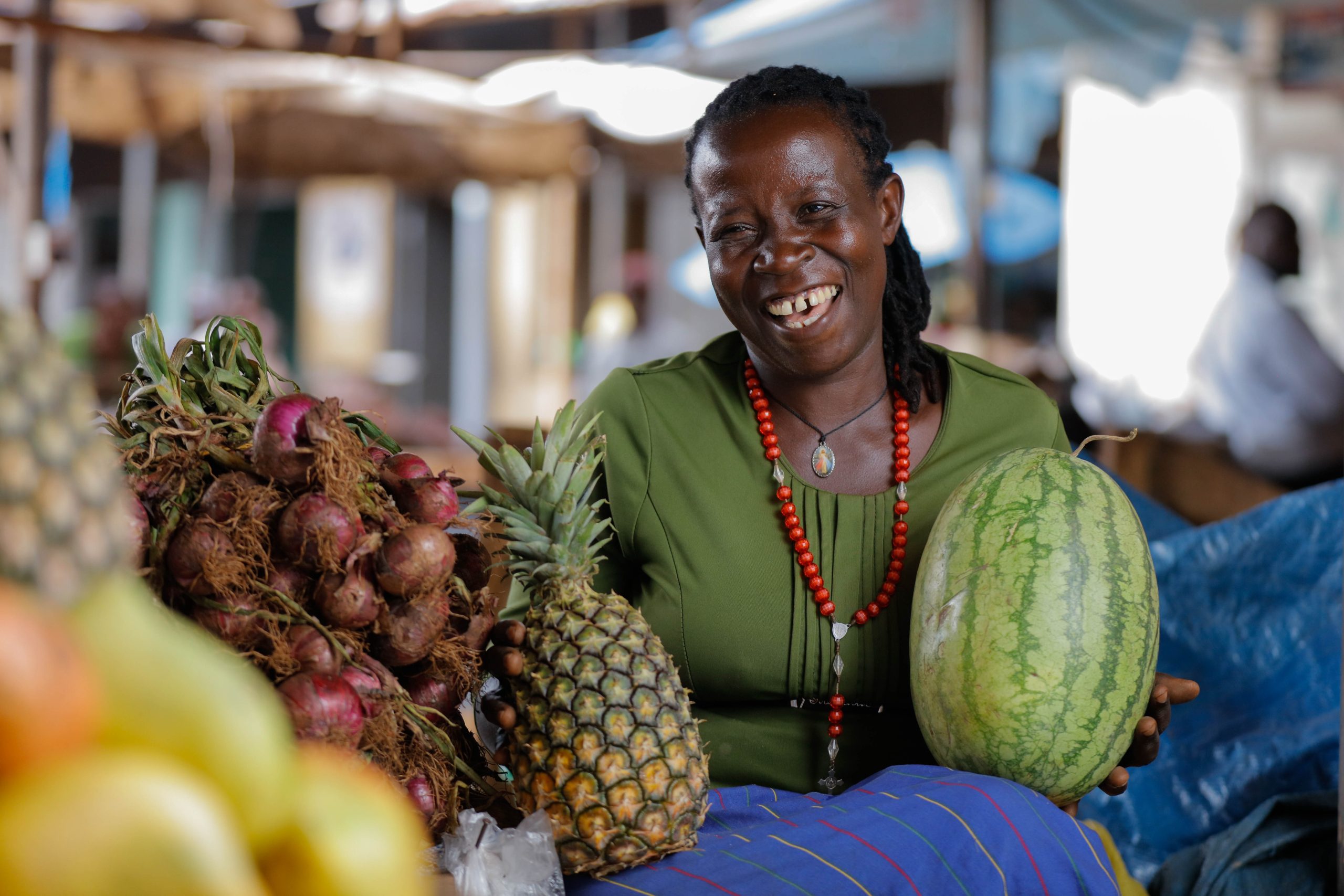A Journey of Transformation
PaCT was founded by women who were appalled by the living conditions of Mityana communities in and around the district.
1995
–
2005
Foundations of Compassion and Partnership
- Mityana Uganda Charity began informally, starting with the sponsorship of just 6 children.
- Built strong UK partnerships through volunteer visits and cross-cultural engagement.
- Delivered essential support to vulnerable families including eyeglasses, mattresses, mosquito nets, and bicycles.
- Provided spiritual and emotional support through evangelism and family care initiatives.
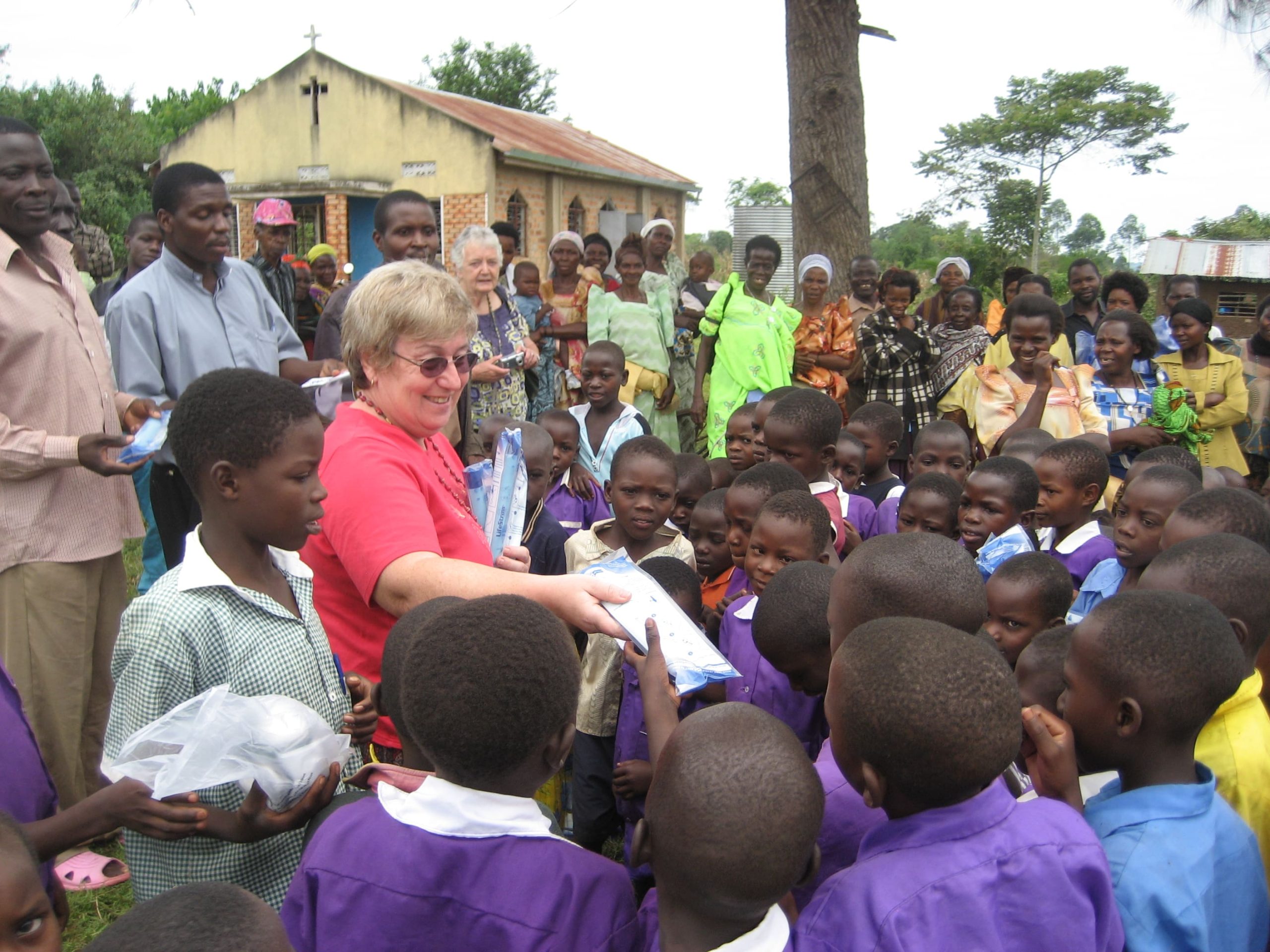
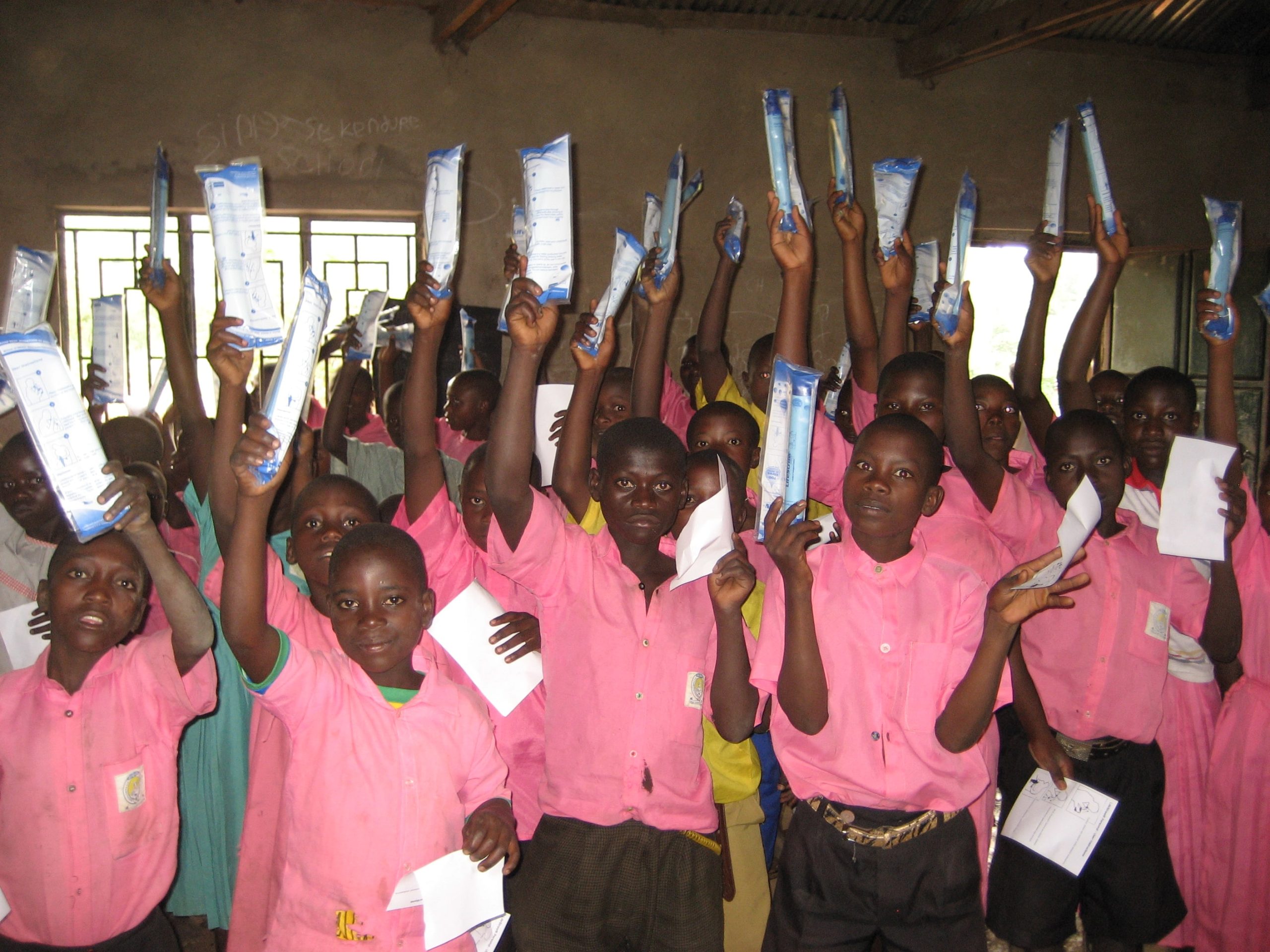

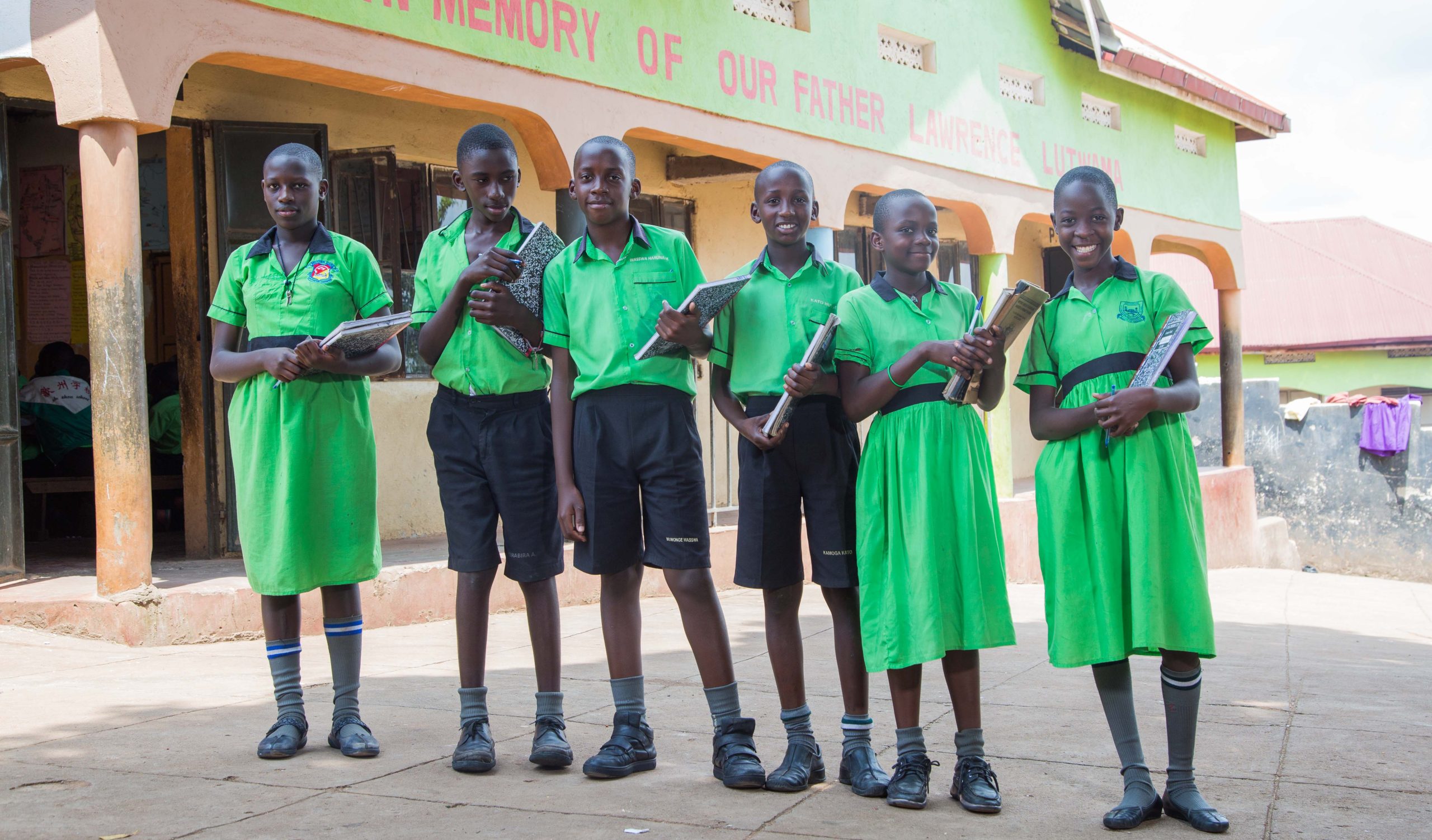
2005
–
2010
Establishing Roots and Expanding Access
- Officially registered as Mityana (U) Charity, strengthening its legal and operational foundation.
- Improved community health by renovating a health centre and constructing 6 clean water wells.
- Advanced education through the construction of a 2-classroom block and teacher quarters with solar power.
- Boosted healthcare delivery and evangelism through the distribution of motorbikes and over 1,000 mosquito nets.
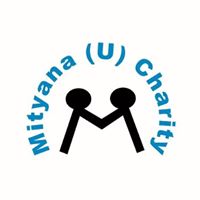
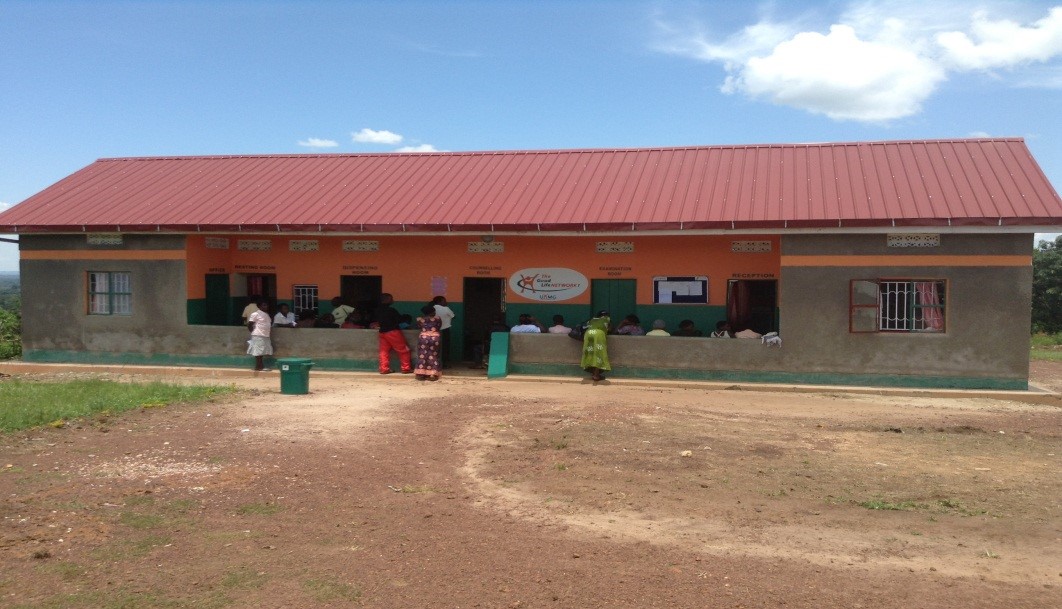

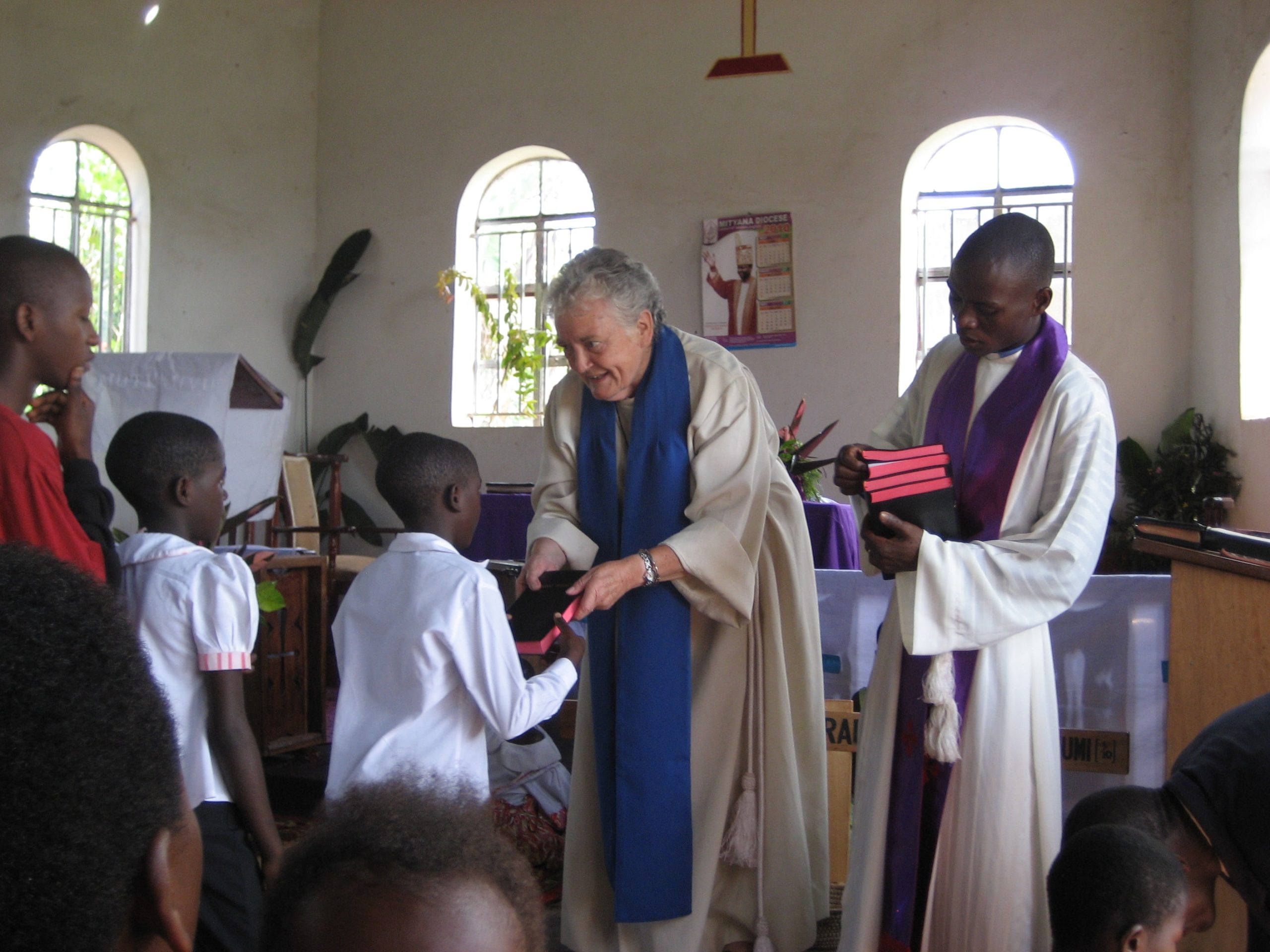
2011
–
2015
Scaling Support and Empowering Communities
- Expanded sponsorship to over 200 children, with more than 100 successfully graduating.
- Provided vocational skills training for 28 youth and psychosocial support in 5 schools.
- Supported prison communities with basic needs and legal rights education.
- Improved health and education infrastructure with 15 institutional water tanks, clinic equipment, and an early childhood centre.
- Distributed 20 computers and supported school staff with better housing to improve learning environments.
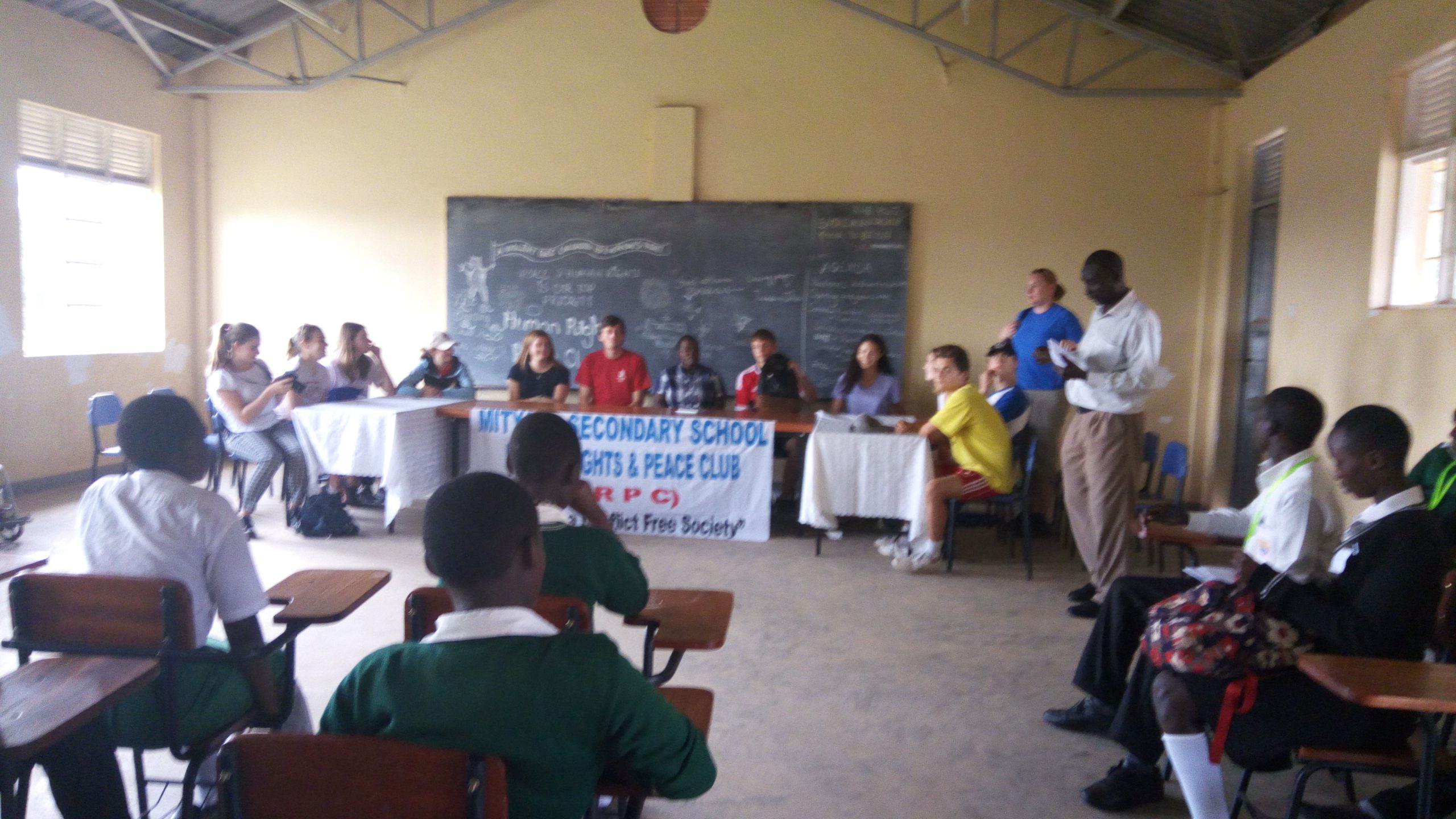
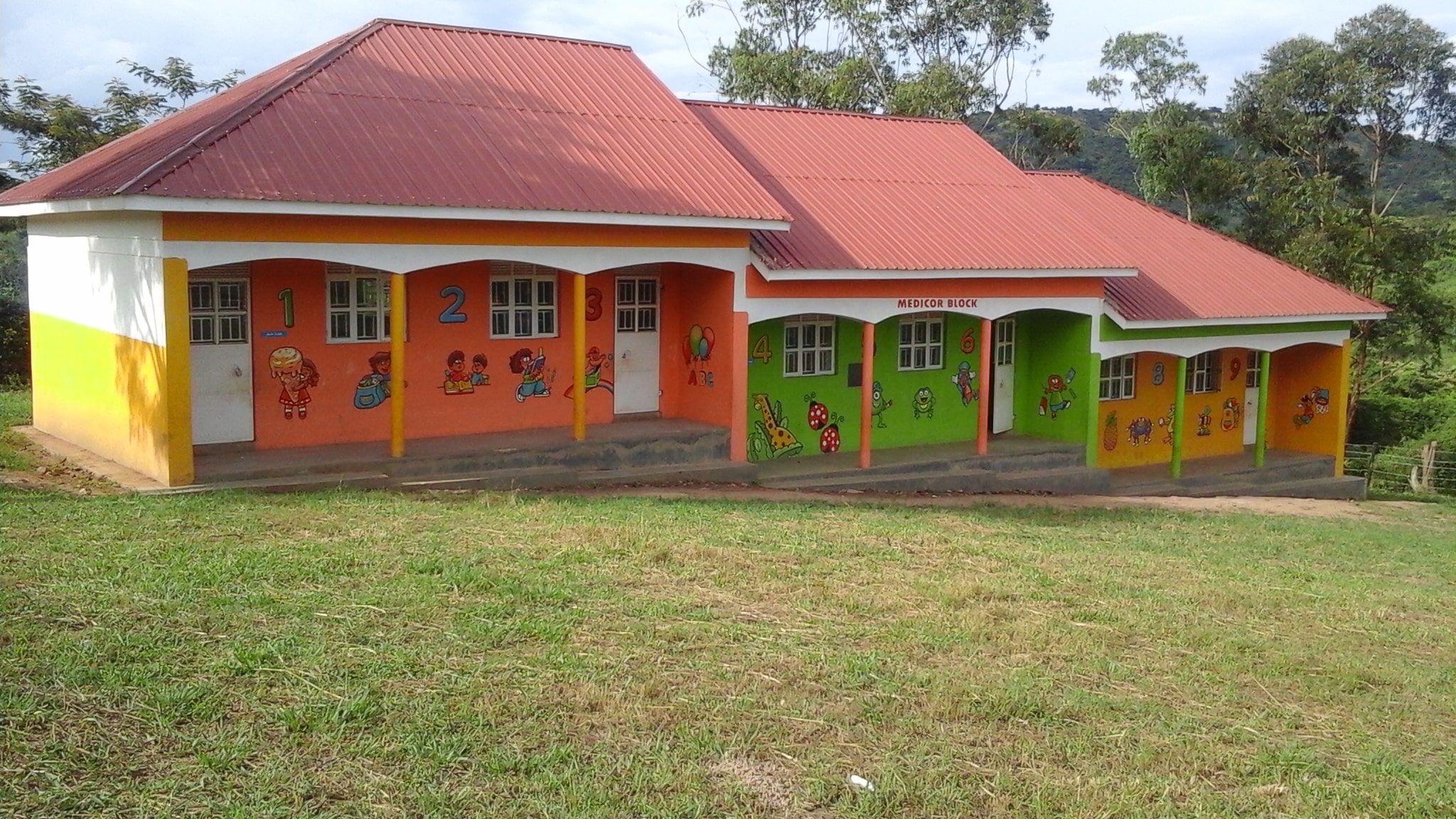
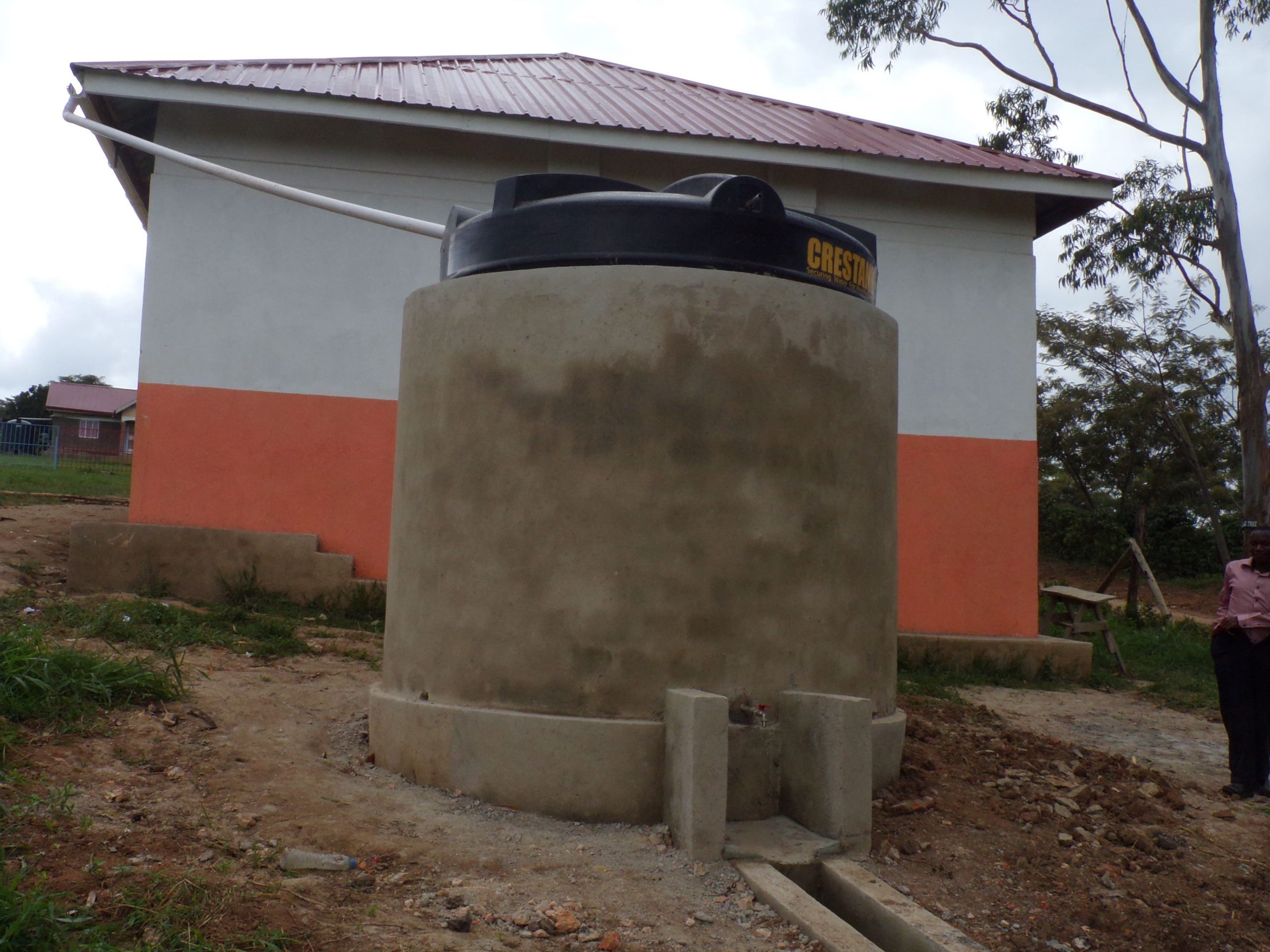
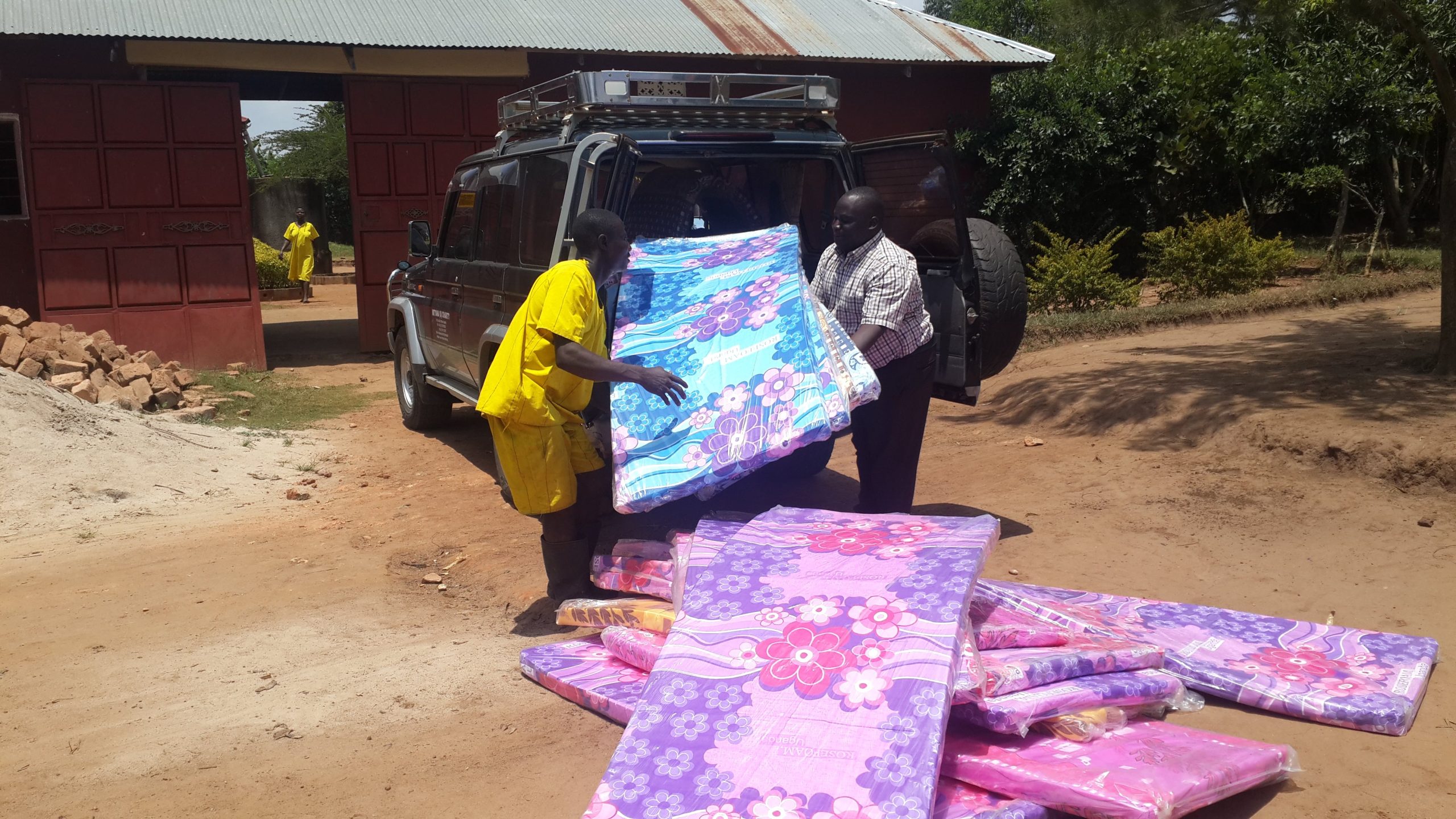
2015
–
2025
Strategic Growth and Lasting Impact
- Rebranded to Partners for Community Transformation (PaCT) and guided by two 5-year strategic plans.
- Reached over 674,000 people through community hygiene and sanitation campaigns.
- Constructed 279 water sources, 24 rain tanks, 36 latrines, and 5 maternity wards, benefiting over 130,000 people.
- Continued annual sponsorship for 250+ children, producing graduates in medicine, teaching, business, and skilled trades.
- Reached 97,129 individuals with land rights awareness and resolved 80% of arising land conflicts through mediation.
- Promoted child protection through training of 1,248 individuals, including educators and learners.
